Pepose Vision is a patient-centered eye care practice with two locations in the St. Louis area, specializing in LASIK vision correction, cataract surgery, retina services, the Visian ICL, premium intraocular lens implants, (providing near, intermediate and distance vision) dry eye treatment and most any other vision care you may need. We offer the absolute latest technology, an advanced research center and a LASIK and cataract outpatient surgery center in our building. Most importantly, our team of experienced doctors and surgeons consistently achieve the very best possible outcomes for our patients.

We are proud to have been selected 25 years in a row as
"The doctors other doctors nationwide would choose for their own eye care and that of their families."



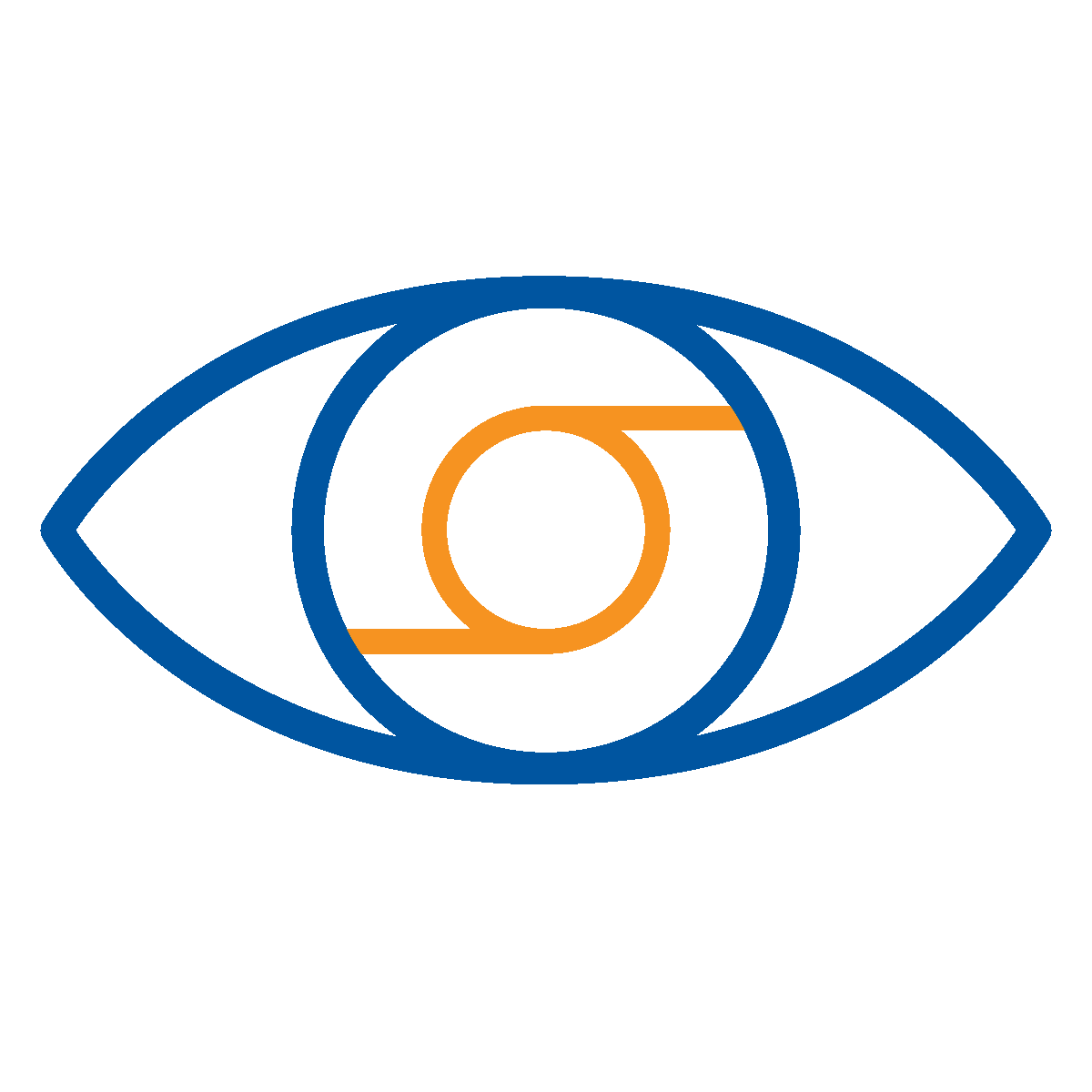


At Pepose Vision Institute, LASIK eye surgery transforms vision for patients with nearsightedness, farsightedness, and astigmatism. Our advanced bladeless LASIK procedure is quick, comfortable, and delivers exceptional results that can eliminate your dependence on glasses and contacts.
As pioneers in LASIK technology, Pepose Vision Institute participated in the original FDA clinical trials that brought LASIK to patients nationwide. We were the first practice to offer LASIK vision correction in the St. Louis region and have maintained one of the country's most outstanding track records for successful vision outcomes. Our commitment to excellence has earned recognition from U.S. News & World Report, which ranks our surgeons among the top 1% of LASIK specialists nationwide.
Experience the difference that expertise and innovation make. Many patients enjoy dramatically improved vision the same day as their procedure. Schedule your complimentary LASIK consultation at Pepose Vision Institute to discover how this life-changing surgery can work for you.
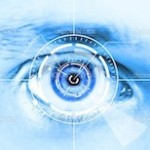
Cataracts naturally develop with age, causing blurry and cloudy vision that impacts daily life. At Pepose Vision Institute, our advanced cataract surgery doesn't just restore clear vision, it can actually improve your sight beyond what you experienced before cataracts developed.
Through our expertise with premium intraocular lenses, many patients achieve excellent vision at both near and far distances after cataract removal, often reducing or eliminating their need for glasses entirely. As leaders in cataract research, Pepose Vision Institute stays at the forefront of the latest surgical techniques and lens technologies, ensuring you receive the safest, most proven treatments available.
Our nationally recognized surgeons perform procedures in our convenient on-site surgery center, providing seamless care from consultation through recovery. Year after year, our cataract specialists earn recognition among the country's top surgeons for their exceptional outcomes and patient care.
Don't let cataracts limit your vision and lifestyle. Discover how Pepose Vision Institute's advanced cataract surgery can transform your sight and schedule your consultation today.
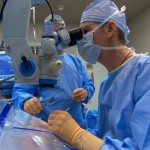
The cornea serves as your eye's clear, protective front layer allowing light to enter and focus properly on the retina for clear vision. When corneal disease, degeneration, or injury creates cloudiness that interferes with essential activities like reading or driving, Pepose Vision Institute's corneal transplant specialists can restore your sight.
At Pepose Vision Institute, our expert cornea surgeons perform keratoplasty as an outpatient procedure, carefully replacing damaged corneal tissue with healthy donor tissue. This advanced surgical intervention not only restores vision but can also reduce pain and improve your eye's appearance.
What sets Pepose Vision Institute apart is our specialized expertise in corneal transplantation. Our leading cornea specialists deliver superior outcomes including faster visual recovery with minimal discomfort, reduced need for repeat procedures, lower risk of complications and transplant rejection, and optimal long-term vision results.
When corneal problems threaten your vision and quality of life, trust the proven expertise of Pepose Vision Institute's corneal transplant team. Our commitment to excellence ensures you receive the highest standard of care for this sight-restoring procedure.
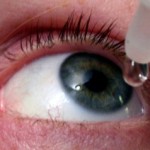
Dry eye affects millions of people, particularly during seasonal changes, yet it often goes undiagnosed and untreated. Left unchecked, dry eye symptoms can worsen over time, impacting both your comfort and vision quality. At Pepose Vision Institute, we specialize in comprehensive dry eye diagnosis and advanced treatment solutions.
Our dry eye specialists utilize the latest in-house diagnostic testing to identify the root causes of your symptoms. As a leader in ocular research, Pepose Vision Institute continuously conducts clinical trials through our dedicated research department, developing innovative and more effective dry eye treatments for our patients.
We are recognized experts in advanced therapies including the LipiFlow® Thermal Pulsation System, which addresses the underlying causes of dry eye at their source. Many patients who have suffered with dry eye symptoms for years discover that Pepose Vision Institute can resolve their issues quickly and effectively with the right treatment approach.
Don't let dry eye symptoms diminish your quality of life. The experienced team at Pepose Vision Institute has the expertise and advanced technology to provide lasting relief. Schedule your comprehensive dry eye evaluation today and discover how we can restore your comfort and clear vision.
At Pepose Vision Institute, our comprehensive approach to eye care means we can diagnose and treat virtually any vision challenge you may face. Our team of renowned eye care specialists brings exceptional knowledge, skill, and experience to every patient interaction.
Pepose Vision Institute is recognized for our expertise across the full spectrum of eye conditions. We are trusted specialists in glaucoma management, keratoconus treatment, corneal transplants, specialty contact lens fitting, and complex vision disorders that require advanced care.
Whether you're seeking routine eye care or facing a complex vision challenge, Pepose Vision Institute has the specialized expertise and advanced technology to provide the highest level of care, with our multidisciplinary team ensuring you receive precisely the right treatment for your unique needs.
Experience the difference that comprehensive expertise makes. Schedule your appointment with Pepose Vision Institute today and discover why patients trust us with their most precious sense.
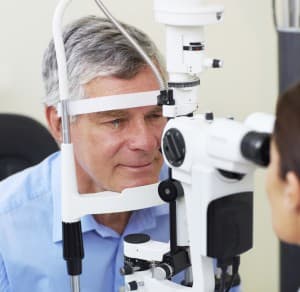
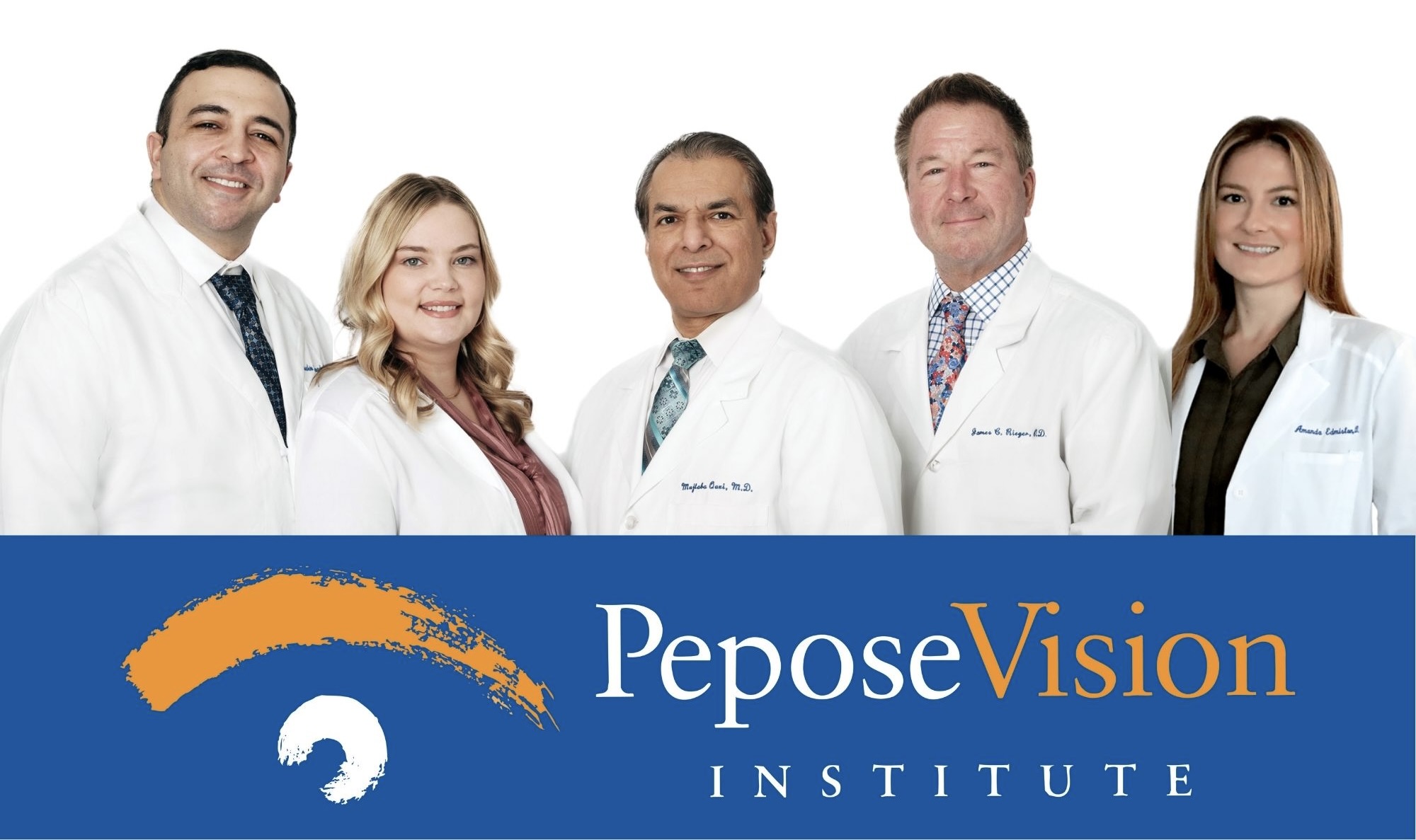
After decades of pioneering eye care, Dr. Jay Pepose has retired. His legacy of innovation continues with our expert team providing the same world-class vision solutions.
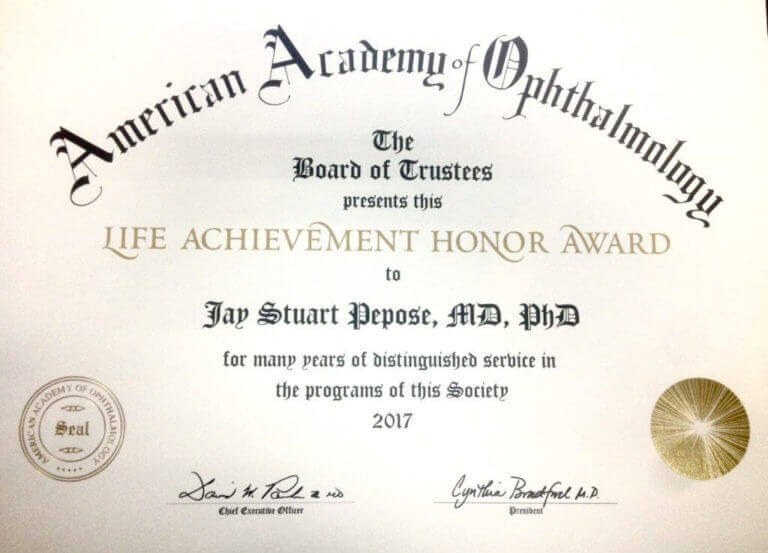
What are your vision correction options in your late 40's and 50's? Are you on your third pair of readers, or do you feel as if your LASIK has worn off. You are not alone. Refractive Lens Exchange could be your ticket to clear vision at all distances. Schedule a consultation to see if you're a candidate for this life-changing procedure.
Don't let dry eye symptoms control your life. Our advanced treatments can provide lasting relief so you can get back to doing what you love. 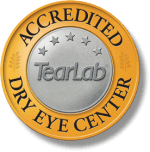
The latest intraocular lens technology goes beyond just removing cataracts. Today's premium IOLs can correct astigmatism and provide clear vision at multiple distances, often reducing your dependence on glasses.
Imagine waking up every morning with perfect vision. LASIK surgery takes just minutes but gives you a lifetime of clear sight. Ready to see what you've been missing?
Protecting your sight has never been more advanced. Ask about our latest glaucoma therapies that can help preserve your vision for years to come.
Experienced Doctors
100%
customized treatment
100%
the latest technology
100%
best possible outcomes
100%
For credit-worthy applicants. 0% APR when paid in full in 60 months
-Patti










If you have any vision issues, your eyesight isn't what it used to be or you just haven't had an eye exam in a couple years, please come see us. Our experienced eye doctors and ophthalmologists will use advanced diagnostics to determine exactly how to help you see your very best, patiently answer your questions and carefully explain all your options.
call us